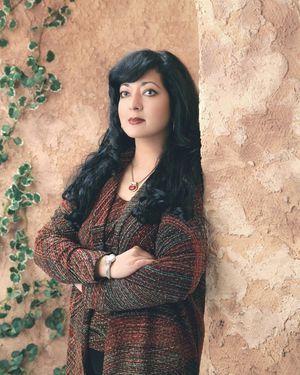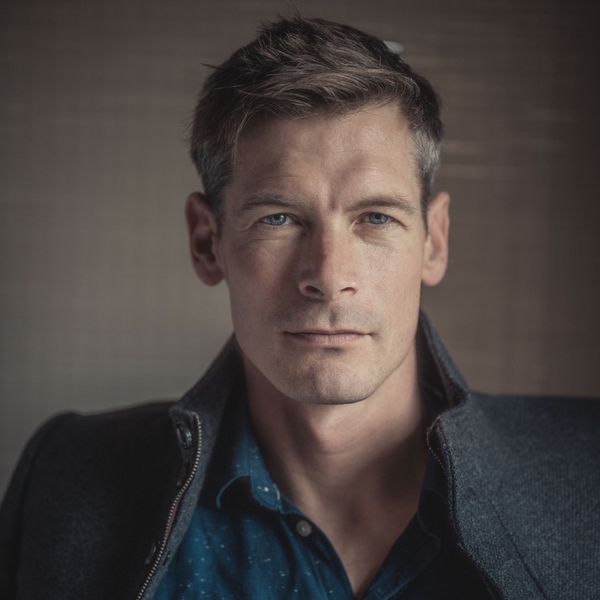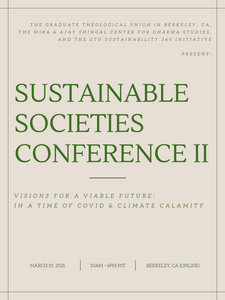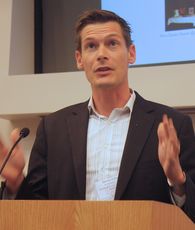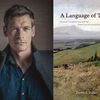
This initiative aims to be an incubator for cutting-edge research and projects that operate at the intersection of Sustainability Studies and religion within pluralist, multireligious contexts.
In a time of a global pandemic, calamitous climate change, and unprecedented social unrest in search of justice, the need for research towards a sustainable future is of critical importance. The term “sustainability” refers to efforts that serve current human needs while also leaving a legacy of healthy ecosystems, strong global economies, as well as just and compassionate societies for future generations. In recent years, Sustainability Studies has become an academic field that is increasingly interdisciplinary, incorporating research from the STEM and design fields. However, Sustainability Studies has tended to bypass or ignore the knowledge systems embedded in the transformative power of religion, theology, spirituality, and the ethical resources unearthed in the world’s wisdom.
The GTU’s Sustainability 360 Initiative seeks to address this lacuna, bringing the academic study of religion and theology into conversation with other disciplines in the field of Sustainability Studies. Co-chaired by Dr. Rita D. Sherma, Director of the GTU’s Center for Dharma Studies; and Dr. Devin Zuber, Associate Professor of American Studies, Religion, & Literature, Sustainability 360 aims to be an incubator for cutting-edge research and projects that operate at the intersection of Sustainability Studies and Religion within pluralist, multireligious, and intersectional contexts.
Since Fall 2016, the Sustainability 360 Initiative has sponsored numerous conferences, courses, lectures, publications, and workshops, and is in the process of developing a graduate certificate in Religion & Sustainability Studies.
News and Events
Scholarship in Action
As part of the GTU’s Spiritual Care and Ethical Leadership of our Times series, Sustainability 360 co-chairs Drs. Rita Sherma and Devin Zuber share reflections on the COVID-19 pandemic and the way that environmental classics such as Walden by Henry David Thoreau can provide stability by reminding us of our interconnectedness — with each other and with the natural world around us.
New Book
Religion and Sustainability: Interreligious Resources, Interdisciplinary Responses
This volume Religion and Sustainability: Interreligious Resources, Interdisciplinary Responses is one of the most recent publications of the Springer-Nature United Nations Sustainable Development Goals Book Series.
To enable the restoration and flourishing of the ecosystems of the biosphere, human societies need to be reimagined and reordered in terms of economic, cultural, religious, racial, and social equitability. This volume illustrates transformative paradigms to help foster such change. It introduces new principles, practices, ethics, and insights to the discourse. This work will appeal to students, scholars, and professionals researching the ethical, moral, social, cultural, psychological, developmental, and other social scientific impacts of religion on the key markers of sustainability.
This volume brings sustainability studies into creative and constructive conversation with actions, practices, and worldviews from religion and theology supportive of the vision and work of the UN SDGs. It features more than 30 chapters from scholars across diverse disciplines, including economics, ethics, theology, sociology, ritual studies, and visual culture. This interdisciplinary content presents new insights for inhibiting ecospheric devastation, which is inextricably linked to unsustainable financial, societal, racial, geopolitical, and cultural relationships. The chapters show how humanistic elements can enable the establishment of sustainable ways of thinking, feeling, and acting. This includes the aesthetic and emotive dimensions of life. The contributors cover such topics as empowering women and girls to systemically reverse climate change; nurturing interreligious peace; decolonizing landscapes; and promoting horticulture, ecovillages, equity, and animal ethics. Coverage integrates a variety of religious and theological perspectives. These include Buddhism, Judaism, Hinduism, Islam, Christianity, and other traditions.
Aims of the volume:
- Adds principles that are beneficent from religions, theologies, and religious philosophies to the discourse of sustainability studies
- Brings together scholars on the much debated issue of social, economic, and environmental justice
- Argues that humanistic elements can help enable sustainable ways of thinking, feeling, and acting
Conferences
Sustainable Societies Conference II - Visions for a Viable Future: In a Time of Covid & Climate Calamity
In March 2021, the Sustainability 360 Initiative along with the Center for Dharma Studies at the Graduate Theological Union hosted "Visions for a Viable Future: In a Time of Covid & Climate Calamity" - a virtual conference that served as a follow up to the 2017 conference "Towards Sustainable Societies: Interreligious, Interdisciplinary Responses." The conference asked the question: In the face of the global COVID-19 pandemic and climate calamity, when the linked injustices of economic, social, and environmental inequity are on the rise, what answers can our religious traditions provide?
Plenary speakers included Dr. Whitney Bauman (Florida International University), Dr. John Grim (Yale University), Dr. Valerie Miles-Tribble (GTU), Dr. Cynthia Moe-Lobeda (GTU), and Dr. Bron Taylor (University of Florida), as well as conference co-conveners Dr. Rita Sherma and Dr. Devin Zuber.
Sustainable Societies Conference I - Towards Sustainable Societies: Interreligious, Interdisciplinary Responses
In April 2017, the GTU hosted a two-day conference exploring interreligious approaches to building sustainable societies. The event featured panel conversations and presentations from a host of renowned educators, including more than twenty scholars from across the GTU and its member schools and centers. Plenary speakers included internationally known scholar of ecology and religion Dr. Mary-Evelyn Tucker of Yale University, and Dr. Anantantand Rambachan of St. Olaf College.



